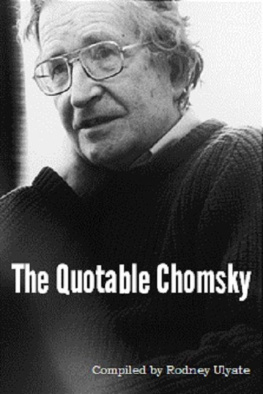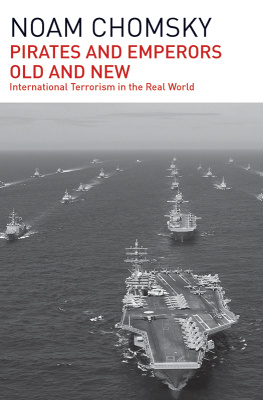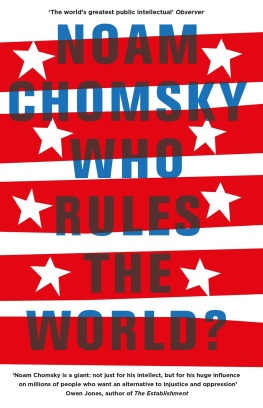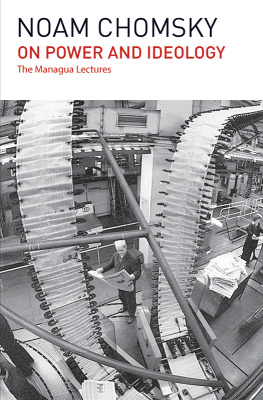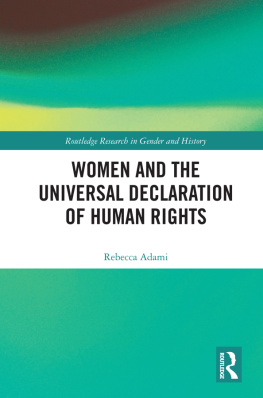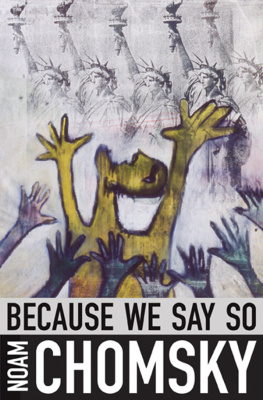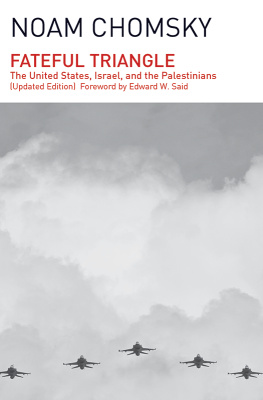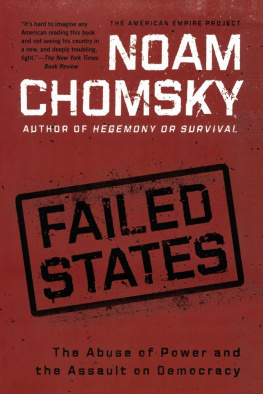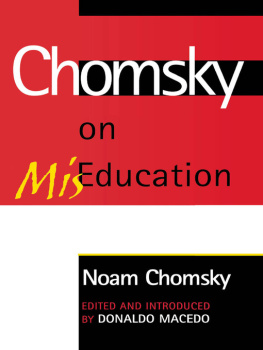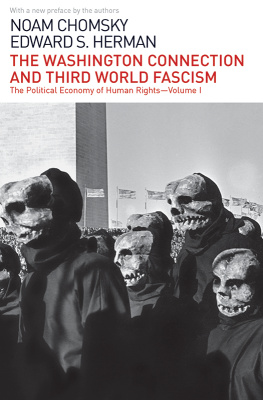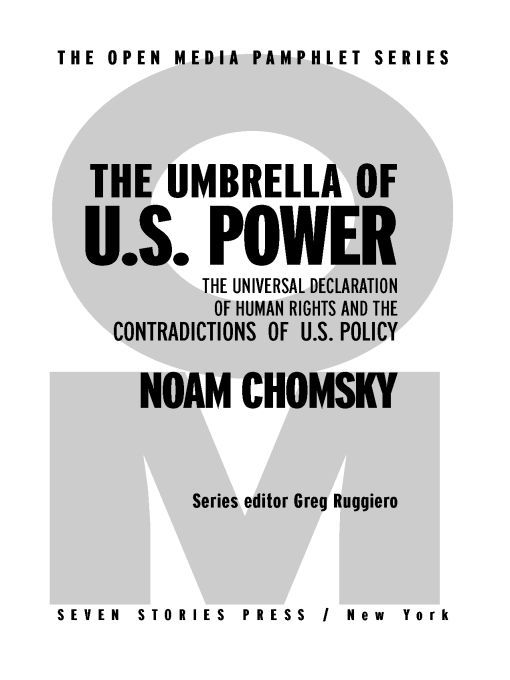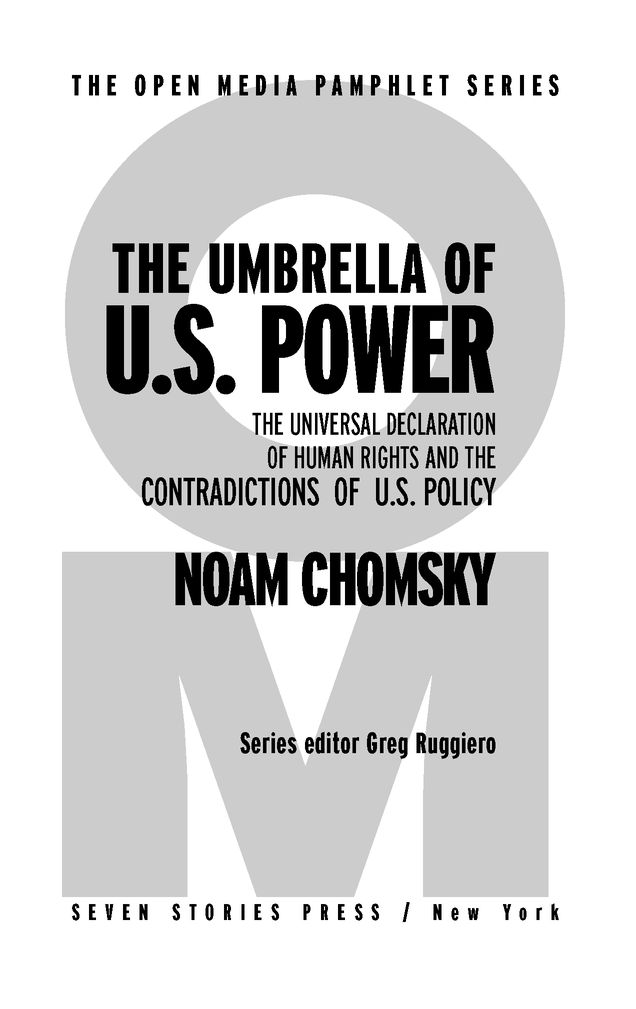Table of Contents
The adoption of the Universal Declaration of Human Rights (UD) on December 10, 1948, constituted a step forward in the slow progress toward protection of human rights. The overarching principle of the UD is universality. Its provisions have equal standing. There are no moral grounds for self-serving relativism, which selects for convenience; still less for the particularly ugly form of relativism that converts the UD into a weapon to wield selectively against designated enemies.
The 50th anniversary of the UD provides a welcome occasion for reflection on such matters, and for steps to advance the principles that have been endorsed, at least rhetorically, by the nations of the world. The chasm that separates words from actions requires no comment; the annual reports of the major human rights organizations provide more than ample testimony. And there is no shortage of impressive rhetoric. One would have to search far to find a place where leadership and intellectuals do not issue ringing endorsements of the principles and bitter condemnation of those who violate them notably excluding themselves and their associates and clients.
I will limit attention here to a single case: the worlds most powerful state, which also has the most stable and longstanding democratic institutions and unparalleled advantages in every sphere, including the economy and security concerns. Its global influence has been unmatched during the half century when the UD has been in force (in theory). It has long been as good a model as one can find of a sociopolitical order in which basic rights are upheld. And it is commonly lauded, at home and abroad, as the leader in the struggle for human rights, democracy, freedom and justice. There remains a range of disagreement over policy: at one extreme, Wilsonian idealists urge continued dedication to the traditional mission of upholding human rights and freedom worldwide, while realists counter that America may lack the means to conduct these crusades of global meliorism and should not neglect its own interests in the service of others. By granting idealism a near exclusive hold on our foreign policy, we go too far, high government officials warn, with the agreement of many scholars and policy analysts. Within this range lies the path to a better world.
To discover the true meaning of principles that are proclaimed, it is of course necessary to go beyond rhetorical flourishes and public pronouncements, and to investigate actual practice. Examples must be chosen carefully to give a fair picture. One useful approach is to take the examples chosen as the strongest case, and to see how well they withstand scrutiny. Another is to investigate the record where influence is greatest and interference least, so that we see the operative principles in their purest form. If we want to determine what the Kremlin meant by human rights and democracy, we pay little heed to Pravdas denunciations of racism in the United States or state terror in its client regimes, even less to protestation of noble motives. Far more instructive is the state of affairs in the peoples democracies of Eastern Europe. The point is elementary, and applies generally. For the United States, the western hemisphere is the obvious testing ground, particularly the Central America-Caribbean region, where Washington has faced few external challenges for almost a century. It is of some interest that the exercise is rarely undertaken, and when it is, castigated as extremist or worse.
Before examining the operative meaning of the UD, it might be useful to recall some observations of George Orwells. In his preface to Animal Farm, Orwell turned his attention to societies that are relatively free from state controls, unlike the totalitarian monster he was satirizing. The sinister fact about literary censorship in England, he wrote, is that it is largely voluntary. Unpopular ideas can be silenced, and inconvenient facts kept dark, without any need for any official ban. He did not explore the reasons in any depth, merely noting the control of the press by wealthy men who have every motive to be dishonest on certain important topics, reinforced by the general tacit agreement, instilled by a good education, that it wouldnt do to mention that particular fact. As a result, Anyone who challenges the prevailing orthodoxy finds himself silenced with surprising effectiveness.
As if to illustrate his words, the preface remained unpublished for 30 years.
In the case under discussion here, the prevailing orthodoxy is well summarized by the distinguished Oxford-Yale historian Michael Howard: For 200 years the United States has preserved almost unsullied the original ideals of the Enlightenment..., and, above all, the universality of these values, though it does not enjoy the place in the world that it should have earned through its achievements, its generosity, and its goodwill since World War II.) or the fate of the slaves who provided cheap cotton to allow the industrial revolution to take offnot exactly through market forces; by the terrible atrocities the United States was once again conducting in its backyard as the praises were being delivered; or by the fate of Filipinos, Haitians, Vietnamese, and a few others who might have somewhat different perceptions.
The favored illustration of generosity and goodwill is the Marshall Plan. That merits examination, on the strongest case principle. The inquiry again quickly yields facts that it wouldnt do to mention. For example, the fact that as the Marshall Plan went into full gear the amount of American dollars being pumped into France and the Netherlands was approximately equaled by the funds being siphoned from their treasuries to finance their expeditionary forces in Southeast Asia, to carry out terrible crimes. And that under U.S. influence Europe was reconstructed in a particular mode, not quite that sought by the anti-fascist resistance, though fascist and Nazi collaborators were generally satisfied.
Nor would it do to mention that the generosity was largely bestowed by American taxpayers upon the corporate sector, which was duly appreciative, recognizing years later that the Marshall Plan set the stage for large amounts of private U.S. direct investment in Europe, Furthermore,
Marshall Plan aid was also crucial in offsetting capital flight from Europe to the United States, a matter of which American policymakers were in fact keenly aware, preferring that wealthy Europeans send their money to New York Banks because cooperative capital controls had proven unacceptable to the American banking community. The enormity of Marshall Plan aid thus did not so much reflect the resources required to rebuild Europe,... but rather the volume of funds that were needed to offset the mass movements of nervous flight capital predicted by leading economists, a flow that apparently exceeded the Marshall plan aid provided by American taxpayerseffectively, to wealthy Europeans and New York Banks.
It is, again, of some interest that thoughts of that nature were silenced with surprising effectiveness during the 50th anniversary celebration of this unprecedented act of generosity and goodwill, the strongest case put forth by admirers of the global meliorism of the worlds most powerful state, hence of direct relevance to the question being addressed here.
The prevailing orthodoxy has sometimes been subjected to explicit test, on the obvious terrain. Lars Schoultz, the leading academic specialist on human rights in Latin America, found that U.S. aid has tended to flow disproportionately to Latin American governments which torture their citizens,... to the hemispheres relatively egregious violators of fundamental human rights. That includes military aid, is independent of need, and runs through the Carter period. More wide-ranging studies by economist Edward Herman found a similar correlation world-wide, also suggesting a plausible reason: aid is correlated with improvement in the investment climate, often achieved by murdering priests and union leaders, massacring peasants trying to organize, blowing up the independent press, and so on. The result is a secondary correlation between aid and egregious violation of human rights. It is not that U.S. leaders prefer torture; rather, it has little weight in comparison with more important values. These studies precede the Reagan years, when the questions are not worth posing.


